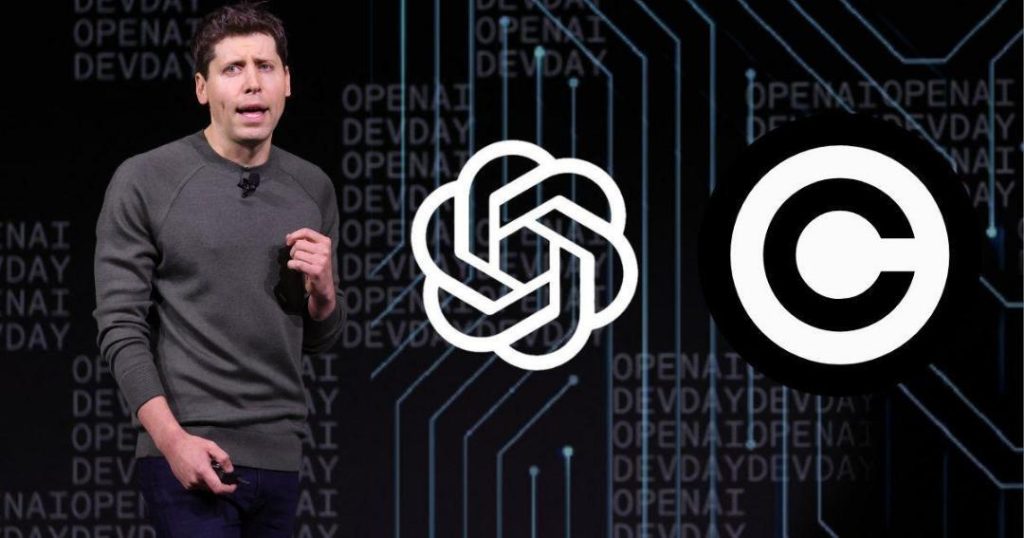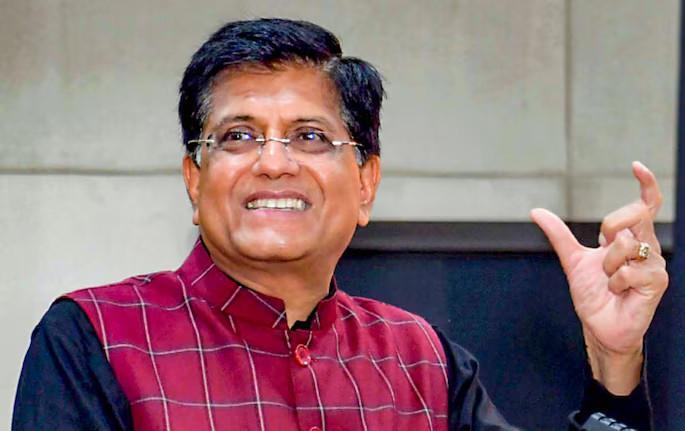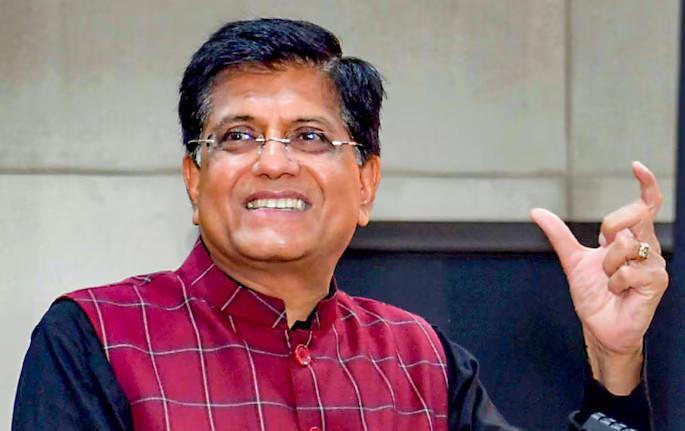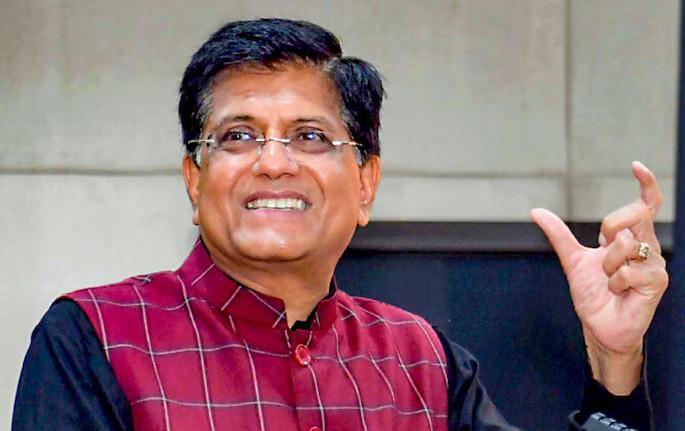
OpenAI Denies ANI’s Copyright Infringement Claim in Delhi HC
In a recent development, OpenAI has refuted ANI’s claims of copyright infringement, stating that its use of ANI’s content for search purposes does not equate to training ChatGPT. This dispute has significant implications for AI and copyright laws, and is now being heard in the Delhi High Court.
For those who may not be familiar, ANI (Asian News International) is a leading news agency in India, while OpenAI is a research organization that focuses on developing artificial intelligence (AI) models. ChatGPT is one such AI model developed by OpenAI, which uses vast amounts of text data to generate human-like responses.
The controversy began when ANI accused OpenAI of using its content without permission for training ChatGPT. ANI claimed that OpenAI had scraped its website for news articles and used them to train its AI model, without seeking permission or paying royalties. As a result, ANI blocked OpenAI’s domain from accessing its website, claiming that the AI model was using its content without authorization.
However, OpenAI has now denied ANI’s claims, stating that its use of ANI’s content for search purposes does not constitute copyright infringement. In a recent filing with the Delhi High Court, OpenAI argued that news articles that are freely available on the internet cannot be copyrighted, and that its AI model is designed to search and analyze publicly available information.
“We are not using ANI’s content for any commercial purpose or to create derivative works,” OpenAI’s lawyer argued in court. “We are simply using publicly available information to improve the accuracy of our AI model. This is a permissible use under copyright law.”
ANI, on the other hand, has claimed that its news articles are protected by copyright, and that OpenAI’s use of its content without permission constitutes a violation of its intellectual property rights. ANI has also argued that OpenAI’s AI model is not just a simple search engine, but is capable of creating derivative works and thus requires permission to use ANI’s content.
The Delhi High Court has now scheduled arguments on March 28, with significant implications for AI and copyright laws. The outcome of this case will have far-reaching consequences for the use of AI models in the future, and could potentially impact the way news organizations protect their intellectual property.
This is not the first time that ANI has taken legal action against OpenAI. In 2020, ANI had also sent a cease-and-desist notice to OpenAI, demanding that it stop using its content for training ChatGPT. OpenAI had responded by arguing that its AI model was designed to search and analyze publicly available information, and that it was not using ANI’s content for any commercial purpose.
The controversy surrounding OpenAI’s use of ANI’s content has also raised questions about the ownership and control of intellectual property in the digital age. As AI models become increasingly sophisticated, it is becoming increasingly difficult to determine what constitutes copyright infringement and what does not.
In conclusion, the dispute between OpenAI and ANI highlights the complex issues surrounding AI and copyright law. While OpenAI argues that its use of ANI’s content is permissible under copyright law, ANI claims that its news articles are protected by copyright and that OpenAI’s use of its content without permission constitutes a violation of its intellectual property rights. The Delhi High Court’s decision on March 28 will have significant implications for AI and copyright laws, and could potentially impact the way news organizations protect their intellectual property in the future.






